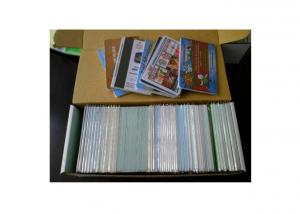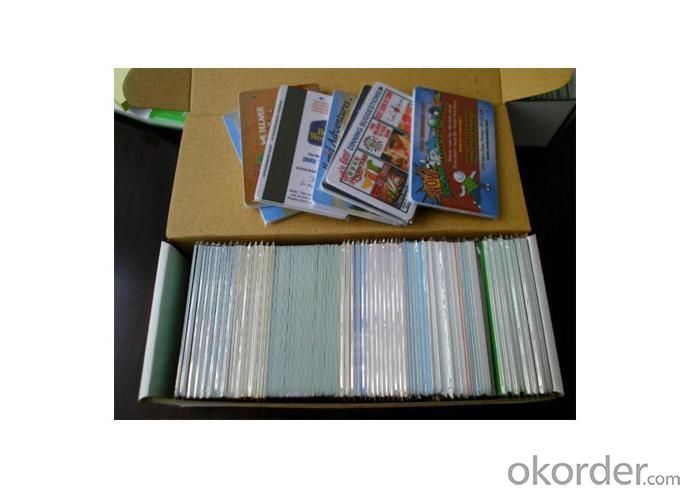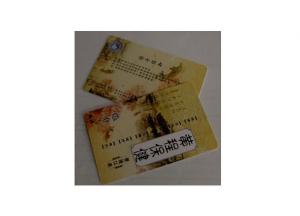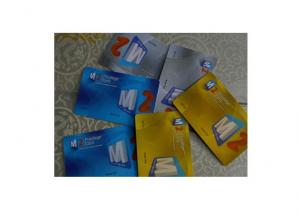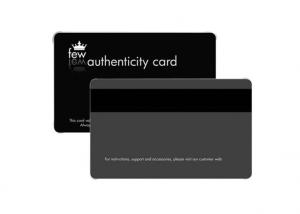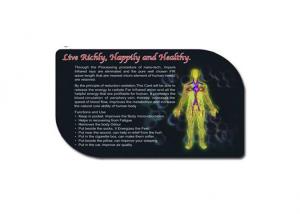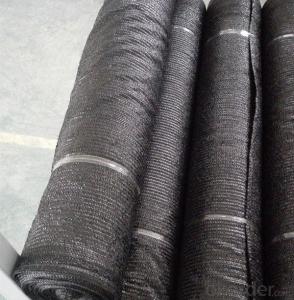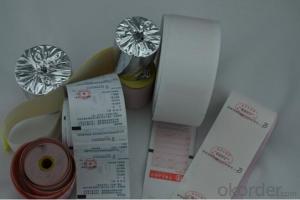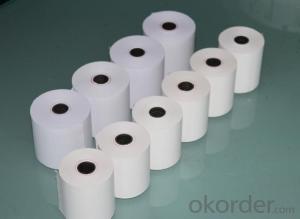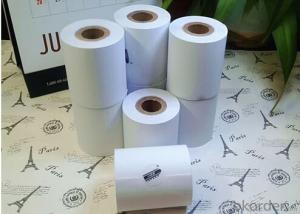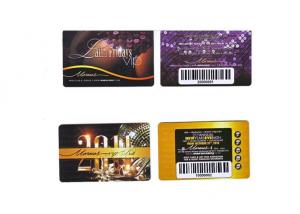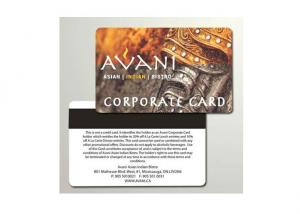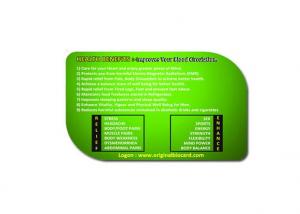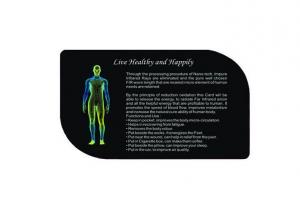Plastic Cards - Thermal Printing Barcode Card
- Loading Port:
- China Main Port
- Payment Terms:
- TT or LC
- Min Order Qty:
- 5000 Pieces pc
- Supply Capability:
- 3000000 Pieces per Month pc/month
OKorder Service Pledge
Quality Product, Order Online Tracking, Timely Delivery
OKorder Financial Service
Credit Rating, Credit Services, Credit Purchasing
You Might Also Like
Detailed Product Description
Plastic thermal printing barcode card
-both side full color printing
-code ean 13,ean 8,itf10,code 39,code 128
-lamintated
Plastic thermal printing barcode card
Barcode:code 128,code 39,ean 8,ean 13,itf-10.
Card body:
1.four color offset printing,silkscreen printing
2.with lamination overlay
Package in box:
200pcs or 250pcs per box
- Q: What types of plastic are commonly used for making cards?
- The types of plastic commonly used for making cards are PVC (Polyvinyl Chloride) and PET (Polyethylene Terephthalate).
- Q: Can plastic cards be used for access control in shopping malls?
- Yes, plastic cards can be used for access control in shopping malls. These cards can be programmed with unique identification information and used to grant access to specific areas within the mall, such as restricted zones or employee-only areas. They can also be used to track and monitor visitor traffic and ensure only authorized individuals are granted entry.
- Q: Can plastic cards be used for time-limited access?
- Yes, plastic cards can be used for time-limited access. These cards can be programmed to allow access to certain areas or services for a specific duration, after which they become inactive. This feature makes plastic cards an effective and convenient solution for managing time-limited access in various settings such as offices, hotels, and events.
- Q: How are plastic cards used in healthcare?
- Plastic cards are used in healthcare for various purposes, including patient identification, insurance verification, and medical record management. These cards typically contain important information such as the patient's name, unique identification number, and insurance details. They are swiped or scanned at healthcare facilities to access medical records, verify coverage, and ensure accurate billing. Plastic cards play a crucial role in streamlining administrative processes and improving patient care in the healthcare industry.
- Q: Can plastic cards be used for debit cards?
- Yes, plastic cards can be used for debit cards. Debit cards are typically made of plastic and are widely used for various transactions, including withdrawing cash from ATMs, making purchases online or in-store, and transferring funds electronically.
- Q: How are plastic credit cards made?
- Plastic credit cards are typically made through a process called injection molding. This involves melting plastic pellets and injecting the liquid plastic into a mold that has the desired shape and features of the card. After cooling and solidifying, the card is removed from the mold, and various finishing processes like embossing, magnetic stripe application, and personalization are carried out to complete the production.
- Q: What's the difference between a SLR Lens, a metal bayonet and a plastic bayonet? Are there any differences in the imaging?
- The bayonet itself has no effect on the image, but the life of the plastic bayonet is short. It is only used in the low-end entry lens, and the good middle and high lens of the image will not use plastic and all the metal bayonet.
- Q: Are plastic cards resistant to ink smudging?
- Yes, plastic cards are resistant to ink smudging.
- Q: Can plastic cards be used for charity events?
- Yes, plastic cards can be used for charity events. They can be used as event tickets, donation cards, or even as prepaid gift cards for fundraising purposes. Plastic cards offer convenience, durability, and can be customized with branding or event information, making them a versatile option for charity events.
- Q: How do plastic cards differ from traditional paper cards?
- Plastic cards differ from traditional paper cards in several ways. Firstly, plastic cards are more durable and long-lasting compared to paper cards, as they are made from sturdy materials like PVC or PET. This makes them less prone to wear and tear, ensuring a longer lifespan. Additionally, plastic cards are more resistant to water, moisture, and other external factors that could damage paper cards. Moreover, plastic cards offer more design options and customization possibilities, as they can be printed with vibrant colors, embossed, or have additional features like magnetic stripes or smart chips embedded. Lastly, plastic cards are more versatile and widely accepted, as they can be used for various purposes such as identification, credit/debit cards, membership cards, access cards, and more.
We sell cards with high quality at competitive prices and have earned a good reputation in the past years. We're committed to building a long-term business partnership with our customers and benefiting both in the near future. Provide service is our glory and hope our service can bring you convenience and satisfaction.
.
1. Manufacturer Overview
| Location | Guangdong, China (Mainland) |
| Year Established | 2011 |
| Annual Output Value | |
| Main Markets | North America South America Eastern Europe Oceania Mid East Western Europe Northern Europe Southern Europe |
| Company Certifications |
2. Manufacturer Certificates
| a) Certification Name | |
| Range | |
| Reference | |
| Validity Period |
3. Manufacturer Capability
| a) Trade Capacity | |
| Nearest Port | Shenzhen,Hongkong |
| Export Percentage | 71% - 80% |
| No.of Employees in Trade Department | 6-10 People |
| Language Spoken: | English, Chinese |
| b) Factory Information | |
| Factory Size: | |
| No. of Production Lines | |
| Contract Manufacturing | |
| Product Price Range | |
Send your message to us
Plastic Cards - Thermal Printing Barcode Card
- Loading Port:
- China Main Port
- Payment Terms:
- TT or LC
- Min Order Qty:
- 5000 Pieces pc
- Supply Capability:
- 3000000 Pieces per Month pc/month
OKorder Service Pledge
Quality Product, Order Online Tracking, Timely Delivery
OKorder Financial Service
Credit Rating, Credit Services, Credit Purchasing
Similar products
Hot products
Hot Searches
Related keywords
